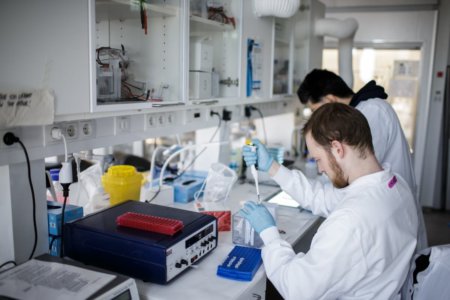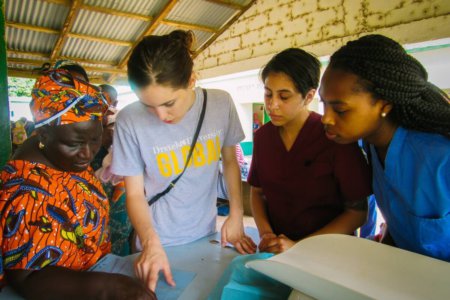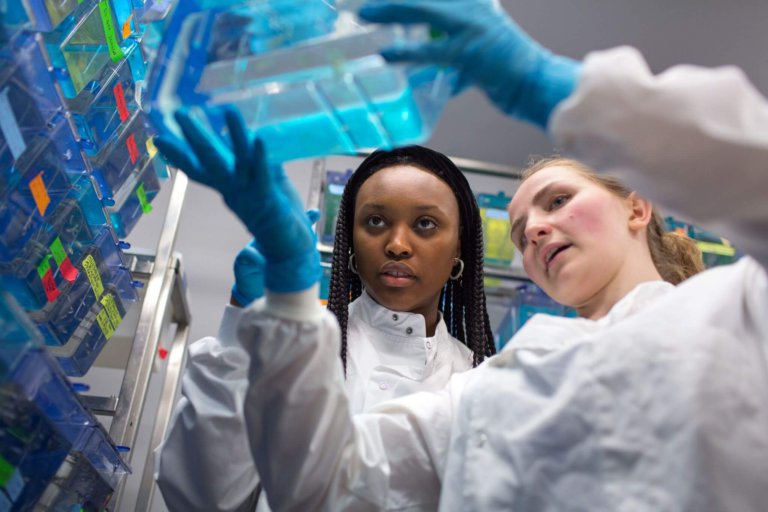
There is a huge difference between knowing something and acting on it. Hence, why many universities are opting for more experiential approaches to education. Through research, lab work, and robust explanations, tomorrow’s scientists are learning everything there is to know about truly making a change.
There’s a lot to be done. The COVID-19 pandemic persists with no end in sight. Inequalities have yet to be reduced. Extreme weather events still cannot be predicted, meaning biodiversity loss is still out of our control. Solutions to each challenge are not only increasingly topical but extremely timely as well.
“2022 marks the halfway point to the 2030 deadline for achieving the SDGs,” confirms Kaysie Brown, Vice President for Policy and Strategic Initiatives, UN Foundation.
If you wish to join the fight in preserving our world, its inhabitants, and its natural wonders; read on to discover the universities determined to produce a new generation of scientific heroes.
Imperial College London
To change the world, start at a university with science at its heart. Imperial College London ranks among the world’s top ten, tops league tables in the UK for graduate employability and is the University of the Year (The Times/Sunday Times Good University Guide 2022). It stands out among other UK universities for its specialist focus on science, engineering, medicine and business.
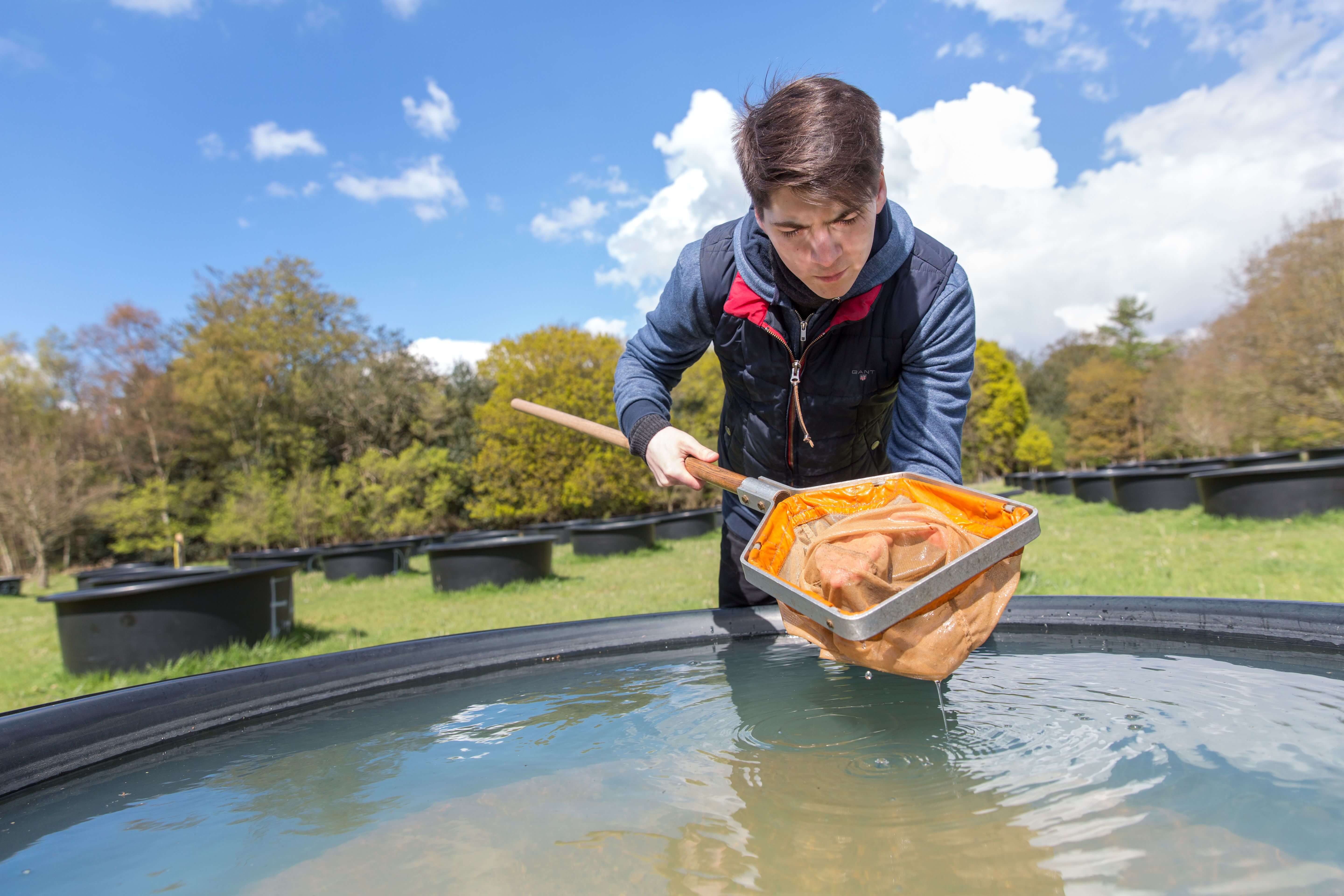
From the discovery of penicillin to the world’s first invisibility cloak, innovations by Imperial College London students and graduates have made the world a better place. Source: Imperial College London
Within Imperial’s Faculty of Natural Sciences, an inspiring community of scholars is tackling some of the greatest scientific challenges of our time. They are striving to deploy cutting-edge science for the wider benefit of society. Leveraging its world-renowned expertise in physics, chemistry and life sciences, the faculty has won £1.5 million from the UK’s Engineering and Physical Sciences Research Council (EPSRC) to harness the power of supercomputers for a greener society. The faculty has also conducted studies on the benefits of COVID-19 vaccines for healthy teenagers and is actively studying the sources, impact and solutions to plastic in the ocean, among many other ground-breaking projects.
Established professors place a strong emphasis on interdisciplinary excellence. Across its expansive range of undergraduate and postgraduate degree programmes to choose from — which span the core scientific disciplines of Chemistry, Mathematics, Physics and Life Sciences — the faculty’s goal remains the same: to educate scientists of the future; make fundamental discoveries in the physical, mathematical, and life sciences; integrate research across these areas in a multidisciplinary manner; and to use these discoveries for the benefit of all.
As an Imperial student, you will benefit from being part of a leading research community with access to teachers and facilities at the forefront of their field. To join them, visit their website, to learn more about studying at Imperial.
Princeton University
Princetonians are known for making service the key motive behind their pursuit for academic excellence. Across their historic New Jersey campus, they collaborate to propose and pursue civic engagement projects on top of their studies. In fact, they draw inspiration from classrooms and organisations. Then, they bring them to life in the Pace Centre for Civic Engagement.

Every academic programme at Princeton emphasises learning, creativity, innovation and collaboration. Source: Princeton University Facebook
“Princeton University has a longstanding commitment to service, reflected in Princeton’s informal motto — Princeton in the nation’s service and the service of humanity — and exemplified by the extraordinary contributions that Princetonians make to society,” says Christopher L. Eisgruber, President of Princeton University.
Many ideas are sparked within laboratories as well, such as the ones focused in the natural sciences. Researchers in this area collaborate with colleagues across Princeton and the world to explore the scientific issues of our time, such as climate change, cognition, space, and viruses and diseases.
Students are more than welcome to join them. Aspiring undergraduates keen on exploring the natural sciences could choose to major in Astrophysical Sciences, Chemistry, Ecology and Evolutionary Biology, Geosciences, Mathematics, Molecular Biology, Neuroscience, Physics, or Psychology. In true Princeton fashion, every programme emphasises learning, creativity, innovation and collaboration.
Caltech
From Pasadena, California, Caltech’s Biology and Biological Engineering (BBE) division focuses on exploring, advancing and providing key information on the nature of life –– from a single molecule to an entire organism and everything in between. Here, faculty and students work together to address complex questions on how living things evolve, develop and function. These findings, brought to life by fresh perspectives, help engineers innovate biological systems, medicines, and other therapies the world needs today and will continue to need tomorrow.
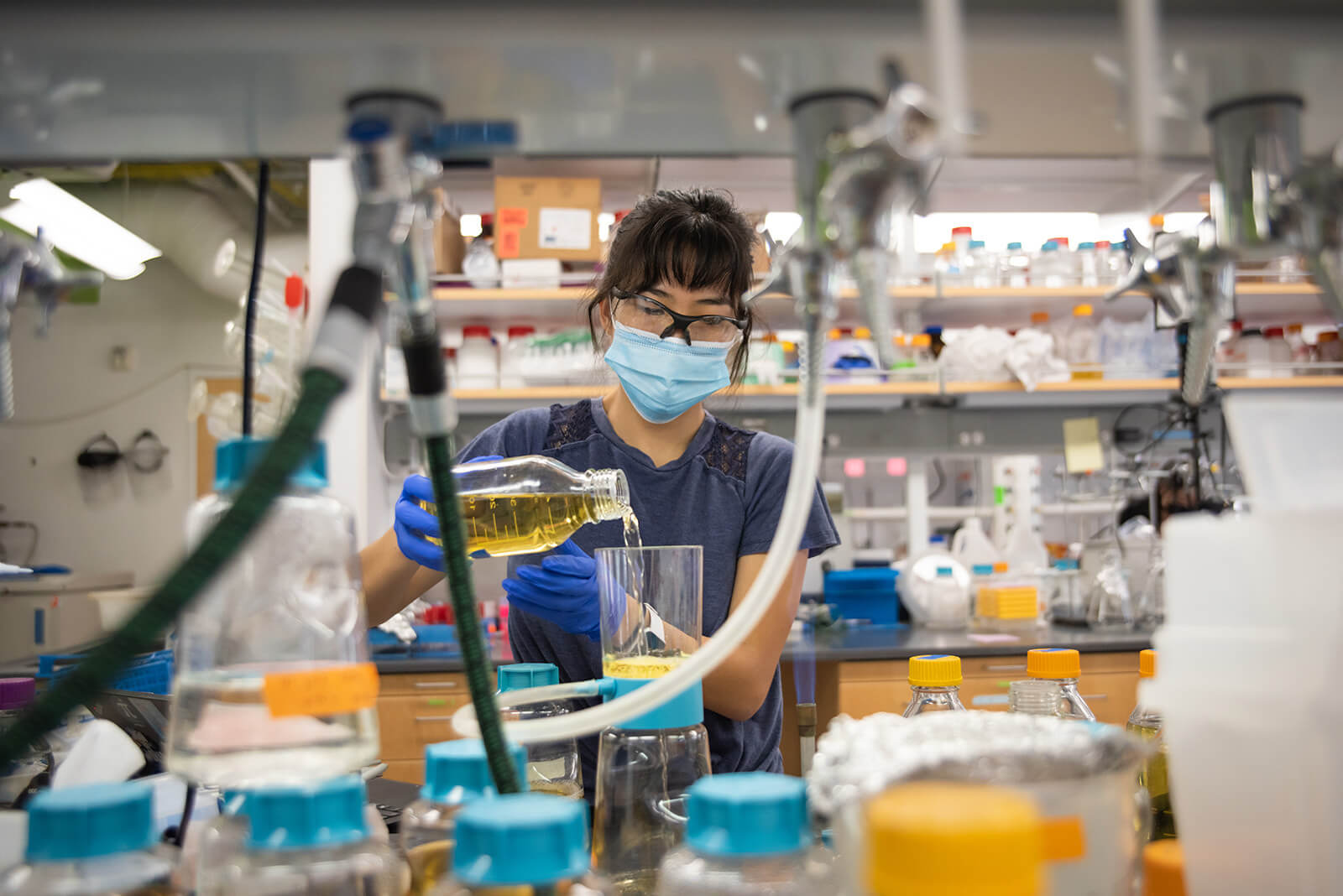
BBE researchers and students receive exclusive access to state-of-the-art laboratory equipment, countless facilities and a marine laboratory. Source: Caltech Facebook
They conduct their studies all across Caltech’s seven buildings. However, BBE researchers and students receive exclusive access to state-of-the-art laboratory equipment, countless facilities and a marine laboratory located within 50 miles of campus.
These spaces are headed by industry leaders — each renowned in their respective fields. Nine faculty members and alumni have won Nobel Prizes, 10 have received national medals of science, 14 faculty members and alumni are members of the National Academy of Sciences, and two are members of the Institute of Medicine.
Together and separately, they explore the topical research areas of Biological Engineering; Cellular, Developmental and Systems Biology; Evolutionary and Organismal Biology; Molecular Biology, Biochemistry, and Biophysics; Microbiology; Neuroscience; and Systems Biology.
National University of Singapore
The National University of Singapore’s goal is to pair research with education to produce effective global leaders, impact society, and transform lives for the better. This focus attracts academics, researchers, staff, and students from across the globe — they work together in a spirit of innovation and enterprise for a better world. Everything they do is in service of their country and society at large.

This Faculty of Science is home to over 4,300 undergraduate students and more than 1,000 graduate students in pursuit of scientific excellence. Source: National University of Singapore Facebook
The scope of work conducted by its Facultly of Science is proof. Here, over 4,300 undergraduate students and more than 1,000 graduate students are experiencing and researching their way to scientific success.
They do so in the Centre for BioImaging Sciences; Centre for Nature-based Climate Solutions; Centre for Ion Beam Applications; Centre for Quantitative Finance; Centre for Wavelets, Approximation and Information Processing; Chemical, Molecular and Materials Analysis Centre; Data Analytics Consulting Centre; Pharmaceutical Innovation and Research Centre; and Protein and Proteomics Centre.
Alongside experts, they’ve discovered that a single antibody can neutralise different flaviviruses in multiple ways including a novel mode of neutralisation involving distortion of the viral surface. They’ve studied the dynamics of interactions between corals and macroalgae (seaweeds) on Singapore’s urban reefs and investigated the processes that mediate them. They’ve even developed a coffee beverage rich in live probiotics and health-promoting metabolites that enhance gut health and immunity.
*Some of the institutions featured in this article are commercial partners of Study International









